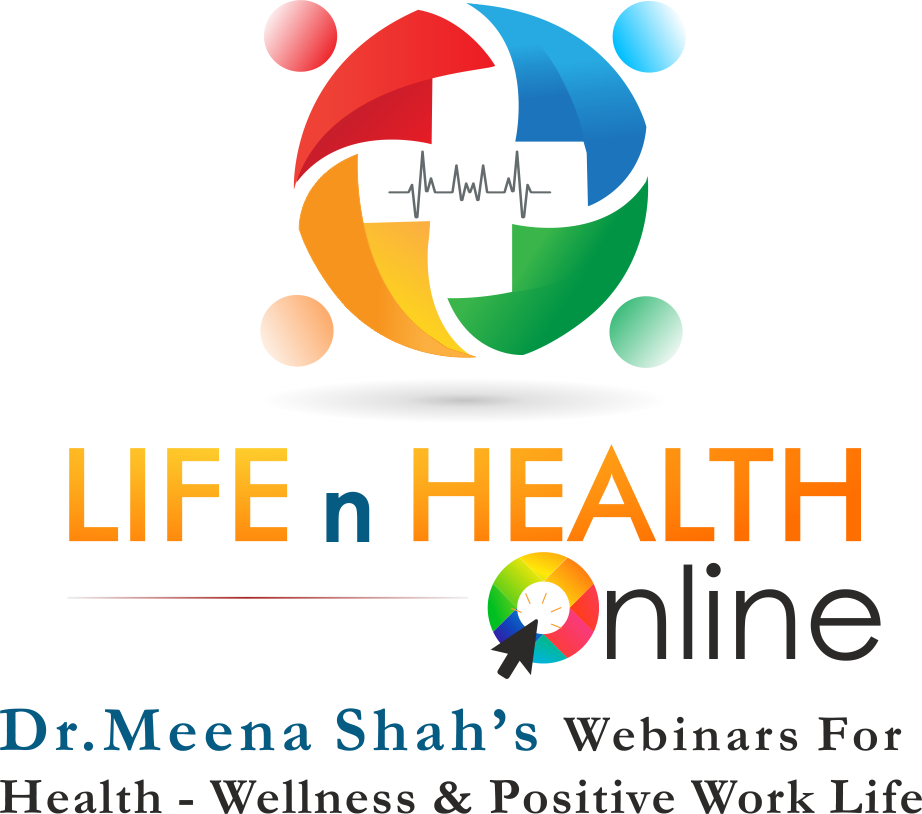Stress Management Training

A stress management workshop is a focused program aimed at providing individuals with the knowledge and tools to effectively deal with stress. Participants learn to identify the sources of stress in their lives and understand how stress impacts their physical and mental well-being. The workshop offers practical strategies and techniques to manage stress, such as relaxation exercises, time management skills, and healthy coping mechanisms. Through education, support, and interactive activities, attendees gain valuable insights and skills to minimize and effectively navigate stress, leading to improved overall health and well-being.
Pharma portfolio:-
ZYDUS CADILA – AHMEDABAD
JOHNSON & JOHNSON LTD
CADILA PHARMA – AHMEDABAD
CLARIS – ONCOLOGY DIVISION
AMUL MARKETING DIVISION
FOR ONGC ASSET – AHMEDABAD – MEDICAL SERVICES
STEMCYTE INDIA – AHMEDABAD
J N J – MUMBAI
Chronic stress lead to a variety of physical health problems, such as high blood pressure, heart disease, and digestive problems. By managing stress effectively, executives improve their physical health and reduce their risk of developing these conditions.
Stress also has a negative impact on mental health, leading to feelings of anxiety and depression. By prioritizing stress management and work-life balance, executives improve their mental well-being and reduce their risk of developing mental health issues.
Executives who prioritize stress management and work-life balance are often more productive, as they are able to work more efficiently and effectively when they are not overwhelmed by stress.
Stress impair an executive’s ability to make clear and effective decisions. By managing stress and ensuring a healthy work-life balance, executives can make better decisions and be more effective in their roles.
Executives who prioritize stress management and work-life balance often have better relationships with their colleagues, family, and friends. This is because they are less likely to experience burnout and are better able to balance the demands of their professional and personal lives.
In conclusion, stress management and work-life balance are important for executives to maintain their health, well-being, and effectiveness in their roles. By prioritizing these areas, executives ensure that they are able to perform at their best and lead their organizations to success.
